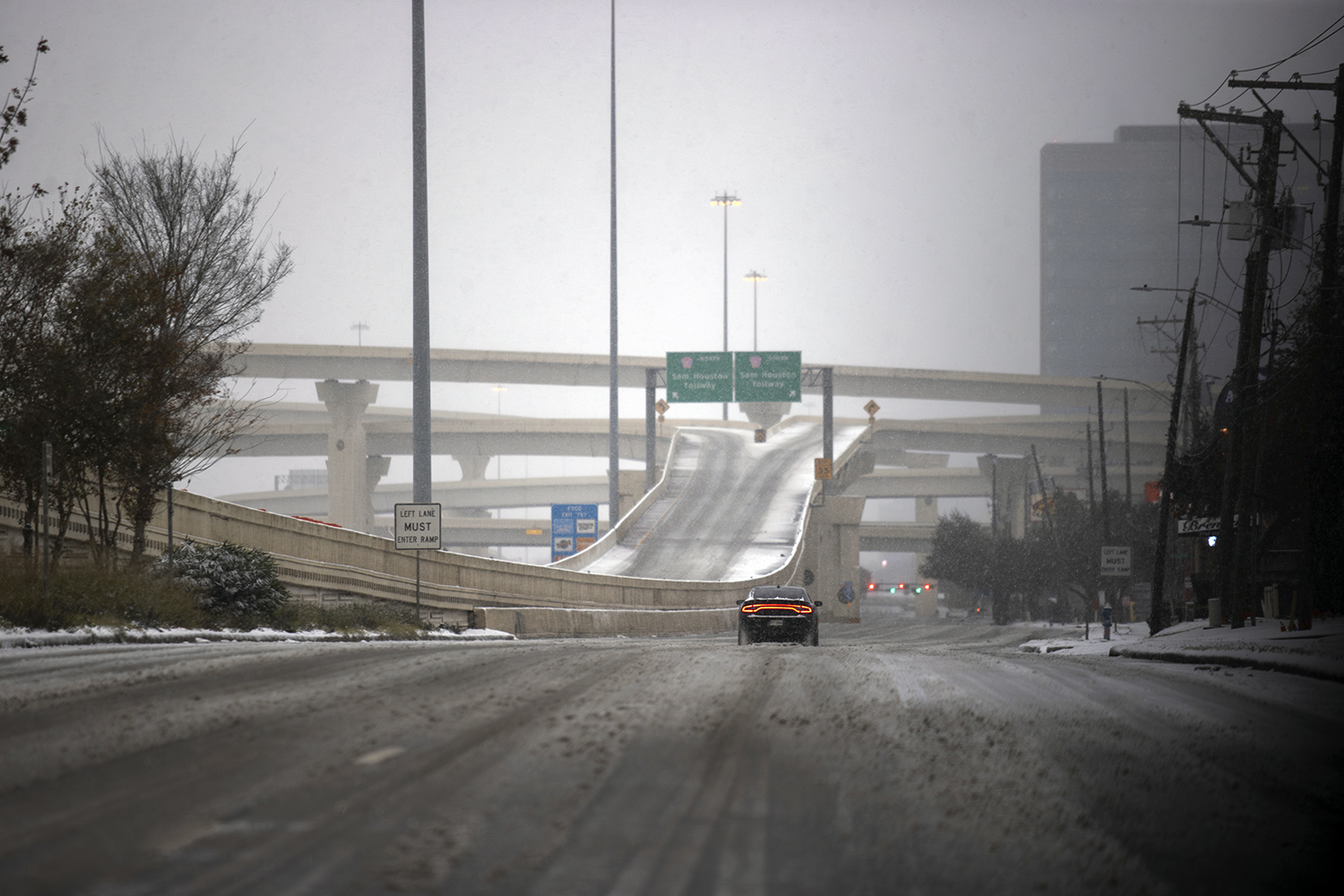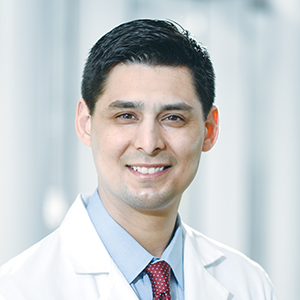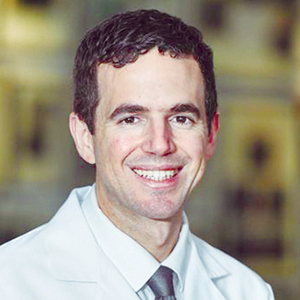
Freeways in Houston are largely empty on Jan. 21, a day after a winter snowstorm hit a huge swath of the South and crippled Houston. Doctors and staff at Baylor St. Luke's Medical Center braved the weather to procure organs and perform a double lung transplant on an elderly patient.
Dr. Ramiro Fernandez II had his eye on three concerns: his elderly patient, who desperately needed a double lung transplant; the long flights being made by the procurement team to pick up and return with the donor lungs; and the winter storm that was about to slam Houston and a huge swath of the South.
"It was like a triple risk," said Fernandez, a thoracic surgeon at Baylor St. Luke's Medical Center and an assistant professor of surgery at Baylor College of Medicine.

As the procurement team was on the five-hour flights to get and deliver the lungs on Jan. 20, the winter storm was imminent. Meanwhile, a "rideout team" of intensive care unit doctors, nurses, operating room staff and technicians gathered at the hospital and prepared to stay at least overnight to support the surgical team.
The patient, a man in his 70s, had been on a transplant list for a month. His lungs had weakened to the point that he had to be hospitalized.
"We had to take the risk, because if we waited for another offer, we don't know when it's going to come," said Fernandez. "And if it comes too late, then the patient misses out on a transplant, and they die."
Organ transplantation isn't new to Baylor St. Luke's Medical Center. The hospital has provided heart, lung, kidney and liver transplants since 1982. In 2024, surgeons there performed 390 transplants, the most in its history. The hospital is part of St. Luke's Health System, a subsidiary of CommonSpirit Health.
But to provide a transplant as a blizzard threatened a city that rarely experiences such weather brought added complications. With plows and salt unavailable or in short supply, doctors and staff needed to get to the hospital or make plans to stay.
The transplant started at about 5:30 p.m. The winter storm hit about two hours later. The surgery lasted until about 11:30 p.m.
Fernandez said he didn't think about the storm during the surgery. "When you're dealing with emergencies, like lifesaving emergencies, everything else kind of fades away, right?" he said. "Home stuff, and everything outside of the OR is irrelevant. So that's kind of how we approach it.
"The patient in front of you becomes the center of everybody."
When the surgery was over, the rideout team stayed at the hospital. As Fernandez drove to his home about 15 miles away late that night in his sedan, the roads were already slick with sleet.
"There wasn't any traffic because people were already avoiding the roads, but I was able to make it," he said.
In the end, the winter storm dumped as much as 5 1/2 inches of snow in the Houston area.
"This devastated Houston until Friday, and we did the transplant Monday," said Fernandez. "The whole city was shut down."

When the patient developed a complication the day after surgery, Fernandez called on a colleague, Dr. Gabriel Loor, surgical director of lung transplantation at the hospital and associate professor of surgery at Baylor College of Medicine, who lives close to the hospital. Loor was able to address the complication in another surgery.
Since then, the patient has had a good recovery and is getting stronger every day, Fernandez said.
He said the success of the transplant speaks to the commitment of the entire team. The surgical nurses, for example, could have chosen to work in a unit that offers more regular hours, but they opted for the often-unpredictable area of transplantation.
"That's part of why we came into this field, right?" said Fernandez. "It's not a career, really. It's a lifestyle that we choose. It's like a mission we have, and a drive that we have to help these patients."
